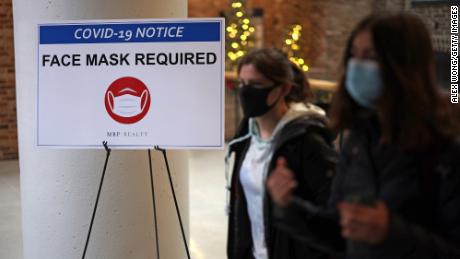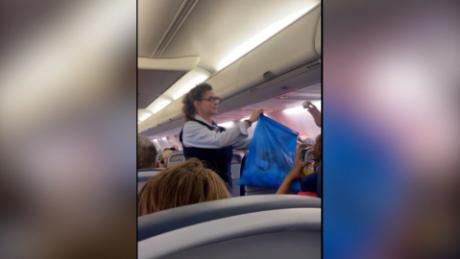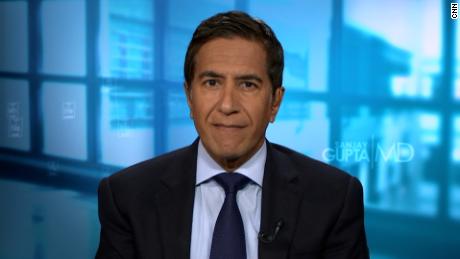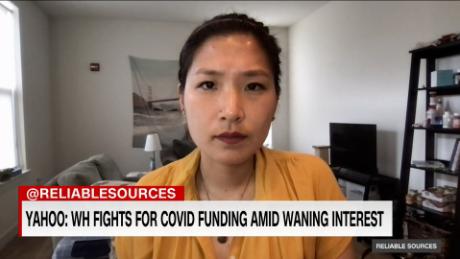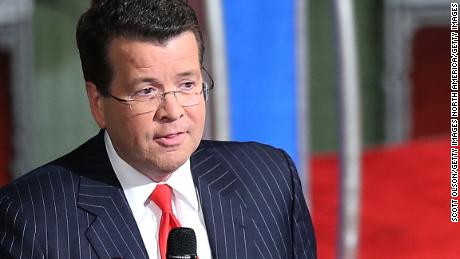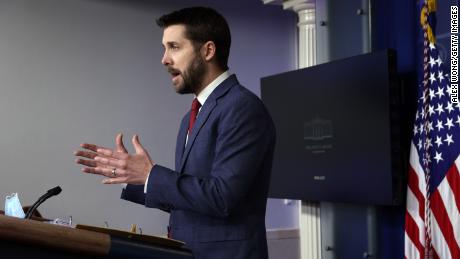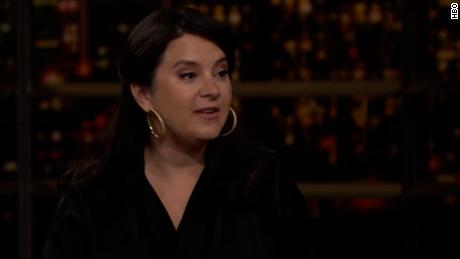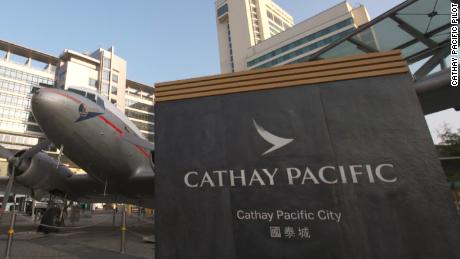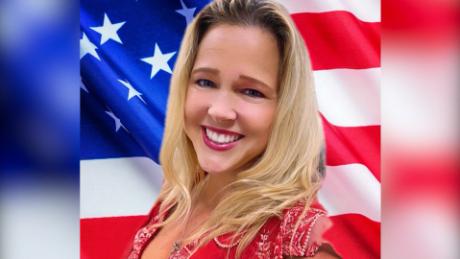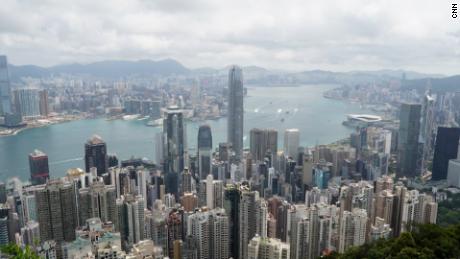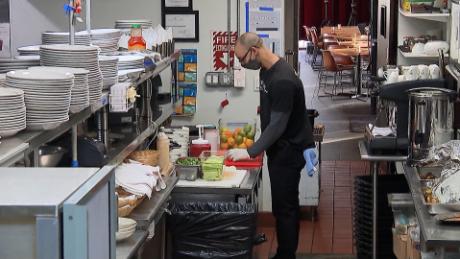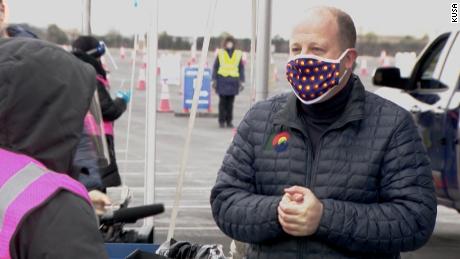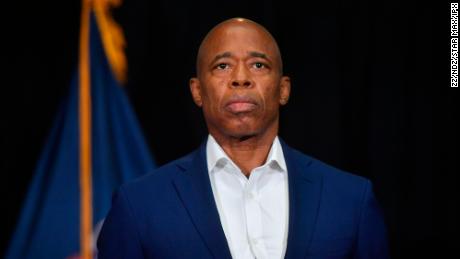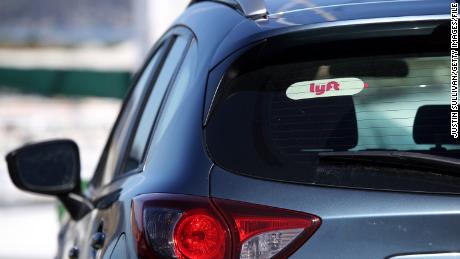(CNN Business)As it anticipates a restart to its core rideshare business amid the pandemic, Uber (UBER) plans to require drivers and riders to wear face masks or face coverings when using the platform in certain countries, including the United States, CNN Business has learned.
Executives approved the new policy in a meeting this past week, according to a person familiar with the matter, and the requirement is expected to be rolled out in the coming weeks.
As part of the policy, Uber is in the process of developing technology to detect if drivers are wearing masks or face coverings before they go online and start accepting trips, said the person, who spoke on the condition of anonymity because the policy decision was just made recently and has not yet been introduced. The company already has face verification capabilities as part of its "Real Time ID-check" feature used to verify the identity of drivers. Uber is also looking into ways to hold riders accountable, the person said.
Uber confirmed to CNN Business that the company plans to introduce a policy around requiring masks or face coverings in certain markets, and that it is developing technology to detect drivers' usage of face coverings.
"As countries reopen, Uber is focused on safety and proceeding with caution. Today, we continue to ask riders to stay home if they can, while shipping safety supplies to drivers who are providing essential trips. At the same time, our teams are preparing for the next phase of recovery, where we will all have a role to play," said Uber's head of safety communications Andrew Hasbun in a statement to CNN Business.
For roughly six weeks, much of the US has been under stay-at-home orders due to the pandemic, upending Uber's core ride-hailing business. Last week, The Information reported that Uber is weighing significant staff cuts. Competitor Lyft (LYFT) announced last week that it is laying off nearly 1,000 employees and furloughing hundreds of others. Both companies are set to report earnings this week. Uber's Rides business made up 81% of the company's adjusted net revenue in the fourth quarter of 2019; its food delivery service, Eats, made up 11%.
But as parts of the country begin to reopen for business, Uber -- like other travel companies -- is also considering how it might ramp back up. This past week, JetBlue (JBLU), Delta Air Lines (DAL), and American Airlines (AAL), all of which have been hurt badly by the pandemic, said passengers would soon be required to wear masks.
Once the policy is introduced, Uber drivers and delivery workers will be required to wear some kind of face covering, such as a mask or bandana, regardless of whether they have received a company-provided mask. Uber said it is trying to get masks to drivers who need them as soon as possible.
In April, Uber said it began shipping masks to drivers and delivery workers, as well as disinfectant spray. The company said then that it would purchase and ship tens of millions of ear-loop face masks to its global workers. However, it noted that, because supplies are limited and health care workers take priority, this may take some time to get to drivers. In the US, Uber said it is prioritizing getting masks to active drivers in cities and states that have requested drivers wear face coverings.
Robyn Gershon, a New York University epidemiology professor, said that because coronavirus can spread easily in close contact, such as in a vehicle, "absolutely positively everyone should be wearing a mask" or face covering. Those masks should be changed out frequently, she said, such as every eight hours for drivers who "work long hours." Masks should be placed into a new zip-lock bag after use and washed, if reusable, Gershon told CNN Business.
Moreover, Gershon suggested drivers should disinfect vehicles after each rider is dropped off, if possible. She added that she "really likes the idea" of plastic barriers or divisions in vehicles to protect both drivers and passengers, something companies have started to explore. For example, Chinese rideshare company Didi Chuxing said it is installing plastic dividers in its fleets in China and Mexico; In India, Uber said all UberMedic cars, used to transport doctors and nurses, are fitted with a plastic sheet as a barrier.
"Nobody should be riding if they're feeling the least bit sick or are in one of the high-risk groups," she added.
In the statement to CNN Business, Hasbun said: "We'll communicate updates directly to users when ready, but in the meantime we continue to urge all riders and drivers to wear masks or face coverings when using Uber."


